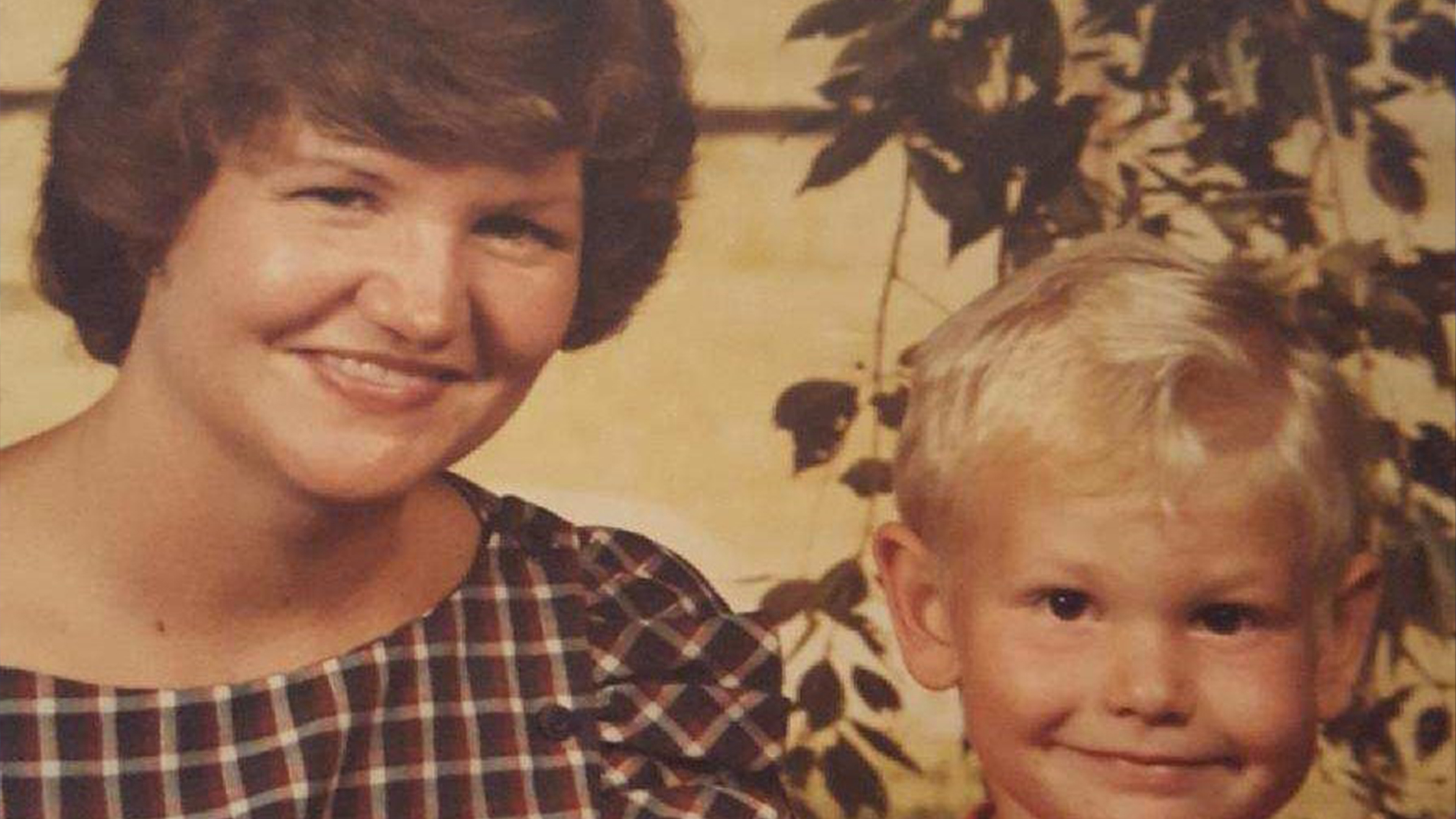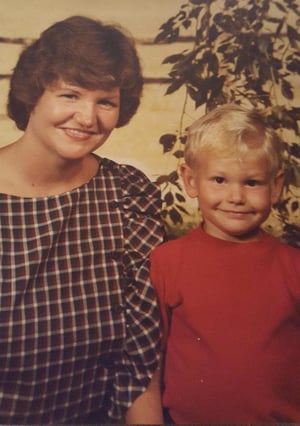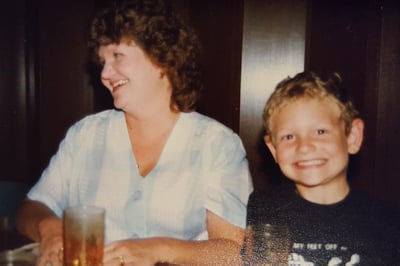
In celebration of Mother’s Day this year, I’d like to thank my mom for giving me a tremendous leadership gift when I was young. I’ve never talked about my mother publicly and as she gets ready to retire in just a few weeks, I thought this was long overdue. This one’s for you, Mom.
Three Simple Words
Last year I had a realization that my mom gave me one of the greatest gifts anyone could have ever given me. She ingrained in me an important skill that I’ve used throughout my career. This singular practice has had one of the most profound impacts on my career in business, particularly in the world of software and data.
Last year, September 2020, I was walking through the woods in the middle of Wisconsin on a weekend getaway with my wife and some friends. I don’t know if it was something about the cool, peace of the morning, or being surrounded by trees, but at that moment I remembered my childhood. It became crystal clear to me. My mother had always fostered a strong sense of love, care, confidence, and a drive to do something with my life. She and my father provided me a loving home and supported me in so many ways that I’ve always appreciated. I knew all of that. However, I had forgotten one simple thing my mother used to do. She encouraged me with three simple words throughout my childhood:
“Use your Imagination”
For context, I grew up on a small family farm in rural Iowa. The nearest town was about seven miles away and had a population of 1,300 people. I attended school there, surrounded by hard-working people, typical school classmates, and a large dose of Americana. At home, the nearest kid even close to my age lived about two miles away. My grandparents lived across the road (fast fact: rural Iowa has roads, not streets) and I would work and visit with them nearly every day. Oh, and maybe the most important point – I was an only-child. I had no brothers or sisters nor neighborhood kids to play with. What I did have, was a list of chores to do every morning and night, and when those were done, I had acres and acres of land to explore.
Growing up, I learned to work hard. I took care of animals, drove tractors, dug ditches, fixed fences, and hundreds of other jobs. Additionally, I participated in all of the typical school activities and sporting events like most kids my age. It was the time in between of all of that, though, that may have made the biggest difference.
“Mom, I’m bored.”
“Use your imagination, Tony.”
“Mom, I don’t know what to do this afternoon.”
“Use your imagination, Tony.”

Therein lies one of the greatest gifts my mother ever gave me. She encouraged me over and over again to use my imagination. I imagined faraway places and brought them to life in our yard. I imagined the last shots of a basketball game or the winning drive of a football game. I imagined conversations with people I’d seen on television or read about in the newspaper and would play those out in my head. My mom never told me how to do any of this – she just simply encouraged me to use my imagination.
Imagination in Practice
As a leader of a fast-growing and exciting software company, I’ve come to realize that I’ve used the skill of imagination throughout my career. Business schools and leadership books will talk about softer skills, communication, and team-building or more analytical skills like financial analysis or competitive research as keys to executive leadership. Those skills are important. For me, though, imagination is a magnifier that makes those skills stronger. Below are a few examples of situations I’ve been in that resonate with me and how imagination can magnify leadership.
Those are real examples. I see what I see when I take the time to imagine. Others will see something else, and that’s where the fun begins. Give it a try.
Pick a scenario.
Close your eyes.
Imagine the scenario.
See the people, the buildings, the systems, the data, the successes, and the problems in your mind.
Play it through once, twice, three times.
See it.
What happens next is up to you. You may see problems. You may have questions. You may lack clarity. You may even see the solution. The key is you have to be alone with your thoughts long enough to connect the dots and imagine.
A New York State of Mind
While my life started on a small family farm in rural Iowa, my career has taken me all over the world. One of my favorite cities in the world is New York City. I’ve been to and worked in New York hundreds of times in the last 20 years and people always ask me how a guy from Iowa can like the city so much. My answer is always the same – I get my best ideas in New York.
There’s an energy to New York City. I think those who live there may take this for granted, but for those like me that come into and out of the city every month, you see things. Walking down 6th Avenue and seeing the people, buildings, food carts, artwork, and everything else. Running through Times Square at 5:30 in the morning when no one is there. Getting off the 5 train at Wall Street and walking by the New York Stock Exchange on the way to a meeting. In all of these memorable settings, I think the magnitude, hustle and bustle, and diversity flowing through the city provide an incredible environment. The energy excites you, but also allows you to be alone with your thoughts. For me, this sparks imagination.
As leaders, it’s important to find those places that spark your imagination – where you can think big. Sometimes it’s the stimulus of a big city, event, or activity. Other times it’s the solitude of a forest or a simple run or physical activity. For some I’ve talked to, it’s the grand atrium of a hotel. Maybe it’s even a good book that transports you somewhere else and lets your mind wander. Wherever that place or situation is for you, be intentional and put yourself in those moments. As with any skill, imagination takes some intentionality and practice to become useful day to day.
Thank you, Mom
Leaders talk about the art of the possible all of the time. For many leaders, I think the real art of the possible started with our mothers. They saw a young person who they knew could do anything or be anything. They believed that it was possible for their child to make a difference. They planted seeds in us. For me, the seed my mom planted was to use my imagination. The consistent encouragement to use my imagination has stuck with me my entire life. Like most of us, I took that gift for granted for many years, but I am now so, so appreciative. On this Mother’s Day, I’d encourage all of my fellow leaders out there to think about the encouragement and gifts your mothers gave you.
Thank you, Mom. I love you.
These Stories on Kingland Culture


No Comments Yet
Let us know what you think